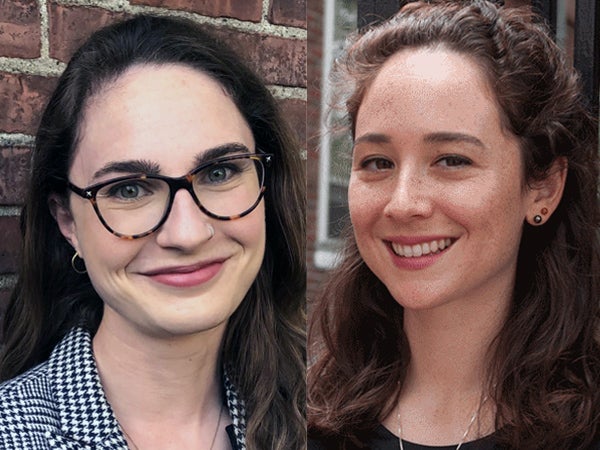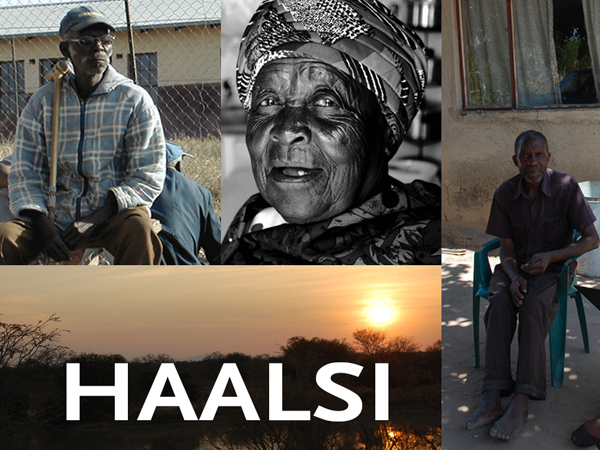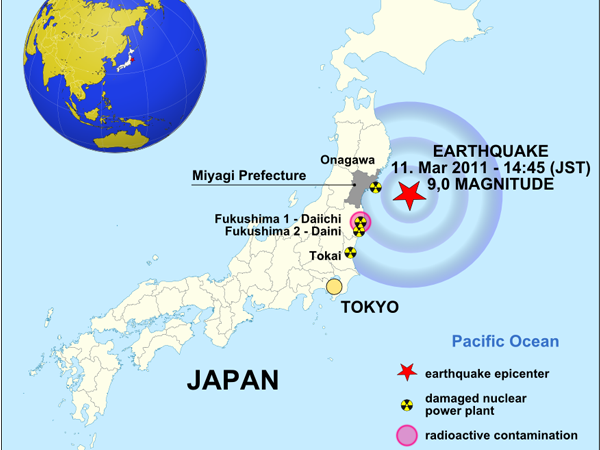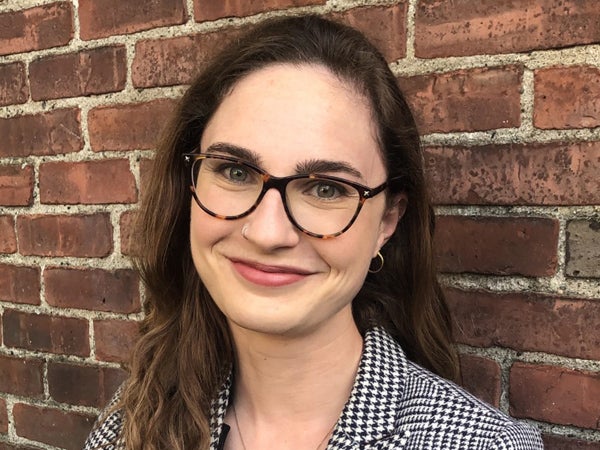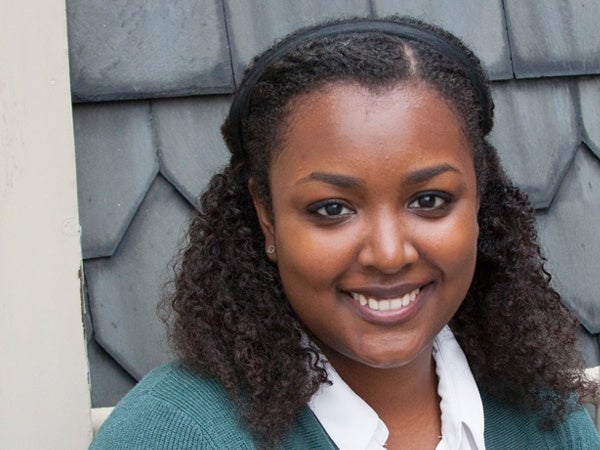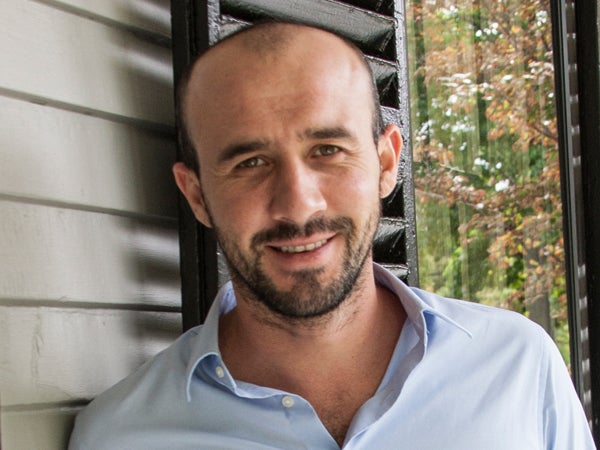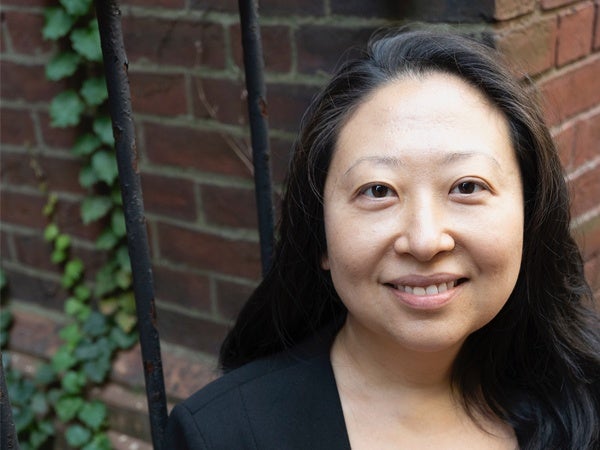The mental health impacts of weather-related disasters, such as hurricanes, have been well studied, but what about the effects of slow-onset climate change (e.g., droughts and temperature changes over longer periods of time) on mental health indicators, such as depression, anxiety, suicide, worry, grief, and frustration? Faculty member Laura Kubzansky is a co-author on this systematic review published in Nature Mental Health that examines the findings of quantitative and qualitative…
What were the longer-term impacts for older workers who experienced a work disruption at the start of the pandemic?
Our recent Sloan Fellow on Aging and Work Leah Abrams, along with our former Bell Fellow Lindsay Kobayashi, and their colleague Jessica Finlay, have published their findings in Innovation in Aging, reporting on the economic and mental ramifications six months after the layoffs, furloughs, and reduced hours many workers experienced in early spring 2020. Here’s a findings snapshot: of those who lost their job, 1/3 were still out of work…
What affects the mental health of a population that is now growing older in sub-Saharan Africa?
Harvard Pop Center Director of Research & Research Scientist Elyse Jennings, recent Harvard Bell Fellow Leslie Adams, and senior data scientist at the University of Cape Town Chido Chinogurei have co-authored a study published in Social Science & Medicine – Mental Health (SSM-MH) that found that experiencing a marital dissolution was associated with more depressive symptoms than remaining married for both men and women, and men (but not women) reported greater…
Which subpopulations are more susceptible to mental health issues after experiencing a disaster?
In this study authored by former Harvard Bell Fellow Adel Daoud, PhD, and our faculty affiliate Ichiro Kawachi, and their colleagues, a machine learning approach to parsing out differences in mental health problems after a disaster-related traumatic experience (in this case, older Japanese adults who lived in an area hard hit by the 2011 Great East Japan Earthquake) revealed that some subgroups experienced severe impacts. Those found to be most…
Study finds those who expected to be working at age 62 (but then weren’t) suffered from increase in depressive symptoms
Harvard Sloan Fellow on Aging and Work Leah Abrams, PhD, is an author on a paper published in The Journals of Gerontology, Series b that finds that middle-aged adults who experienced an “unexpected work exit” suffered from more depressive symptoms, whereas working longer than planned was not associated with an increase in these symptoms (except among Hispanic respondents).
How are changes in working status due to COVID-19 impacting the mental health of those Americans close to retirement age?
Harvard Pop Center’s Sloan Fellow on Aging and Work Leah Abrams, PhD, and recent Harvard Bell Fellow Lindsay Kobayashi, PhD, along with a colleague, have published their findings which reveal that workers who lost their jobs (more commonly associated with those who were under age 65 and those with less than a college degree), were furloughed, or experienced a reduction in hours suffered from increased loneliness and depressive symptoms, whereas…
Combatting mental distress by shoring up resilience during COVID-19 pandemic
A study published in the Journal of Affective Disorders by our recent Bell Fellow Leslie Adams, PhD, and her colleagues takes a longitudinal look (with baseline and nine waves of follow-up data from March through August, 2020) at the relationship between resilience and mental distress in 6,008 participants in the Understanding America Study. “Adults living below the poverty line were less likely to report high resilience . . . participants…
Continue reading “Combatting mental distress by shoring up resilience during COVID-19 pandemic”
How stressors are perceived may contribute to differences in mental health between Black and white older adults
Despite higher levels of exposure to common chronic stressors across five life domains (health, financial, residential, relationship, and caregiving), Black study participants were found to suffer less from symptoms of anxiety and depression than white study participants. Our new Sloan Fellow on Aging and Work, Leah Abrams, PhD, is an author on a paper that that explores how stress appraisal (the extent to which stress exposures are perceived to be…
Quantifying mental health impacts of Covid-19 lockdowns among senior population in Turkey
Visiting scientist (and former Harvard Bell Fellow) Onur Altindag, PhD, is an author on a new working paper that sets out to quantify the mental health effects experienced by those aged 65 years and older during a period of strict curfew imposed by the Turkish government in response to Covid-19.
Study shines light on how caregivers are faring during COVID-19
Our Sloan Fellow on Aging and Work Sung S. Park, PhD, has authored a paper published in The Journals of Gerontology: Series B that examines the physical and mental health of caregivers (those offering short-term and long-term care) vs. non-caregivers during the early stages of COVID-19. Findings point to caregivers, in general, faring worse than non-caregivers in terms of fatigue and mental health, with long-term caregivers suffering more physical symptoms…
Continue reading “Study shines light on how caregivers are faring during COVID-19”
